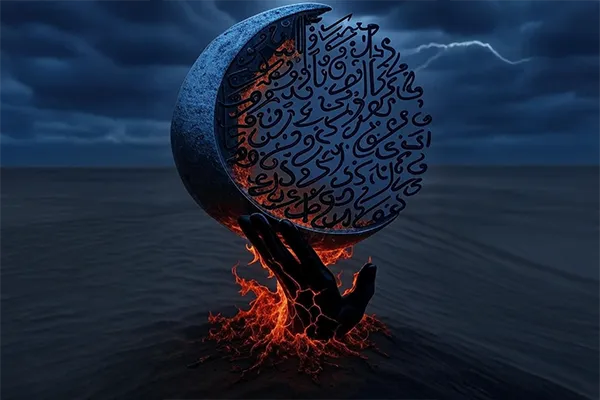Bonus Lore for Beneath the Rings: A Descent into the Abyss of Vengeance. The desert doesn’t sleep. In the uncharted heart of the Rub' al Khali, the “Empty Quarter,” where dunes devour screams and stars pierce like daggers, a shadow coils. They are The Obsidian Hand, a whispered curse that haunts intelligence briefings, a specter of vengeance forged in the crucible of Middle Eastern wars. In the upcoming novel Beneath the Rings, their audacious Olympic hostage crisis—a $500 billion ransom demand that holds the world hostage—rips open a legacy of terror.

